Lots of people will use your church kitchen, some of them not part of the congregation. Read how to make it easy for everyone to use.
Your kitchen serves the day-to-day needs of your volunteers and congregation, but it’s also there for the wider community and guests hiring your hall. Here’s how you can make sure anyone can use it easily, whatever their needs, and whether they’re guests or regulars.
What do you need?
What is the size of the congregation? What do you serve, or what would you like to serve? How long will you be using the kitchen on a given day? Of course, the larger the event or gathering, the more equipment you’ll need. We’ve prepared a guide to the appliances you might want, so take a look and think about your needs.
You’ll likely know already what in your kitchen makes things difficult for you. Perhaps you can never get enough cups of tea made, because you’re relying on a kettle rather than a large water boiler. Maybe your dishwasher is small and slow, so you’re always short of crockery and cutlery. Someone using your kitchen will have thought, “I wish we had…”, so find out what that is.
Should you need guidance on what your visitors need, it’s as simple as asking for their thoughts. You can ask in advance, or after they’ve hired your hall. You can approach it very casually if you prefer, but you might find that using some form of questionnaire would be more effective and easy to keep track of.
Responsibilities
‘Easy-to-use’ is different for different people, so consider disability when planning. Kitchen facilities should accommodate wheelchair users, for example, and storage for equipment needs to be arranged so that anyone can access it who needs to.
If you use hazardous substances for cleaning, you’ll need to keep them in a CoSHH cabinet, which is a lockable cupboard with warning labels to describe the contents. This is especially important if your kitchen can be accessed by children or vulnerable adults – for instance, the local Brownie unit, or Alzheimer’s support groups.
Find the right balance
A kitchen with heavier use by many people, requires different specifications to a domestic kitchen. A kitchen with MDF surfaces and framework would suffice in the home, but after time in a busy a church setting, it would be neither pleasant nor hygienic, as the wood absorbs moisture and bacteria too easily.
By the same token, a full commercial-spec kitchen is a bit excessive. They’re designed for restaurants and intense levels of varied catering that aren’t part of church life. They’re also quite intimidating, which will only discourage their use. A semi-commercial kitchen strikes the balance. Stainless steel lasts considerably longer than wooden surfaces, and offers far better hygiene, because it’s far easier to clean, and doesn’t absorb liquid.
Where a commercial kitchen is quite harsh and industrial, a semi-commercial kitchen looks far more familiar, with the benefit of added durability, cleanliness, and practicality. It will feel welcoming, and easily remain that way. It will also make it far easier to provide the safety and accessibility features above.
First steps
Seeking a wide range of opinions for your kitchen renovation will be very useful. Just be careful of having too many cooks, and perhaps limit your enquiries to those who use (or will use) the kitchen extensively. It’s also a good idea to appoint a ‘kitchen renovation lead’: someone who can steer the project from start to finish.
When you have an idea of what you need, Steelplan Kitchens can offer expert advice on the best kitchen for you. We’ve worked with churches of all shapes and sizes, and we’ll help you to create a bespoke kitchen that everyone will be delighted to use.
Get in touch with our friendly team today by calling 0844 809 9186 or emailing [email protected].





